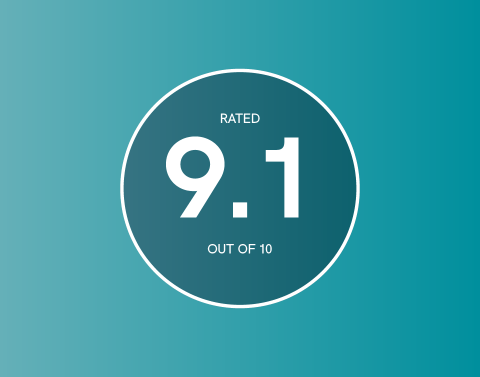You've successfully delivered the project on time and within budget; it's been signed off and you've completed your end project report. Done. So isn't it time to move on to the next project? No. Benefits from this project will not automatically be delivered without further input and effort. Justin Whitehouse, Director, Interim Management, discusses the importance of improving project benefit delivery.
Why is benefit realisation management so important?
Whether the projects are aimed at addressing regulatory changes or transforming the organisation, the cost of these initiatives continues to grow across the financial services sector. Given the commitment of resource and level of expenditure, it is interesting to reflect on the payback and benefit delivered. You would expect a strong desire to ‘over’ deliver on high profile initiatives, but most organisations have a poor record of delivering the benefits promised. Ironically, every organisation has the skills and expertise to deliver benefits, at little or no extra cost.
How can we improve benefit delivery?
Many business cases are prepared with generic and unclear benefits making measurement of delivery almost impossible. In addition, if the senior stakeholders have differing interpretations of the deliverables, there is little chance of successful delivery. As a first step, it is therefore important to ensure the benefits are clearly articulated with a baseline and target key performance indicators identified. This may require considerable research to identify and may incur additional expenditure, but this information will be invaluable, allowing stakeholders to judge and prioritise business cases and measure progress throughout the project lifecycle.
Once the project is in flight, there is often little reporting on progress to deliver the benefits. Including KPI reporting as part of the regular reporting cycle can encourage the correct management behaviours and focus attention on benefits at every stage of the project. This also enables stakeholders to hold each other accountable for the benefits.
Following the introduction of the changes, often long after the project team has been disbanded, the benefits will continue to accrue as the management team ‘bed down’ the changes. Again, including reporting on benefit realisation as part of the monthly reporting cycle will allow executives to demonstrate the continued delivery of benefits long after the project has ended.
In conclusion, this demonstrates a few ways that active benefit realisation management will greatly increase the effectiveness and payback from project expenditure, with the added attraction that this can be achieved without additional expenditure.
For Interim Management roles, Justin can be contacted on +44 (0) 203 8619122 / Justin.Whitehouse@ojassociates.com



